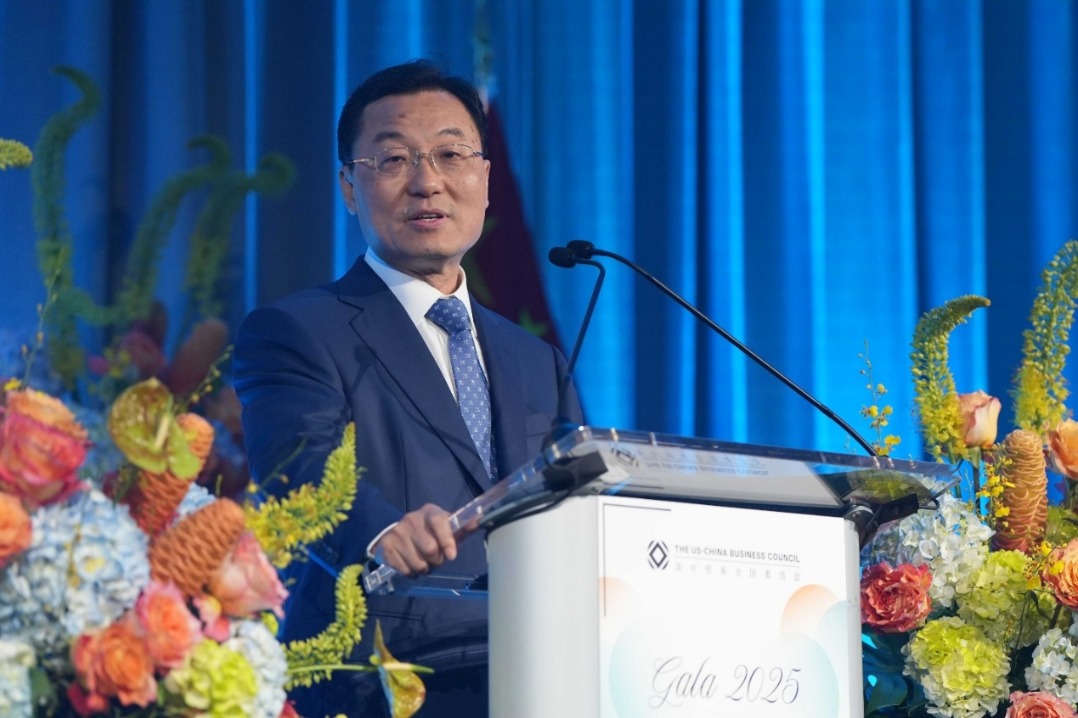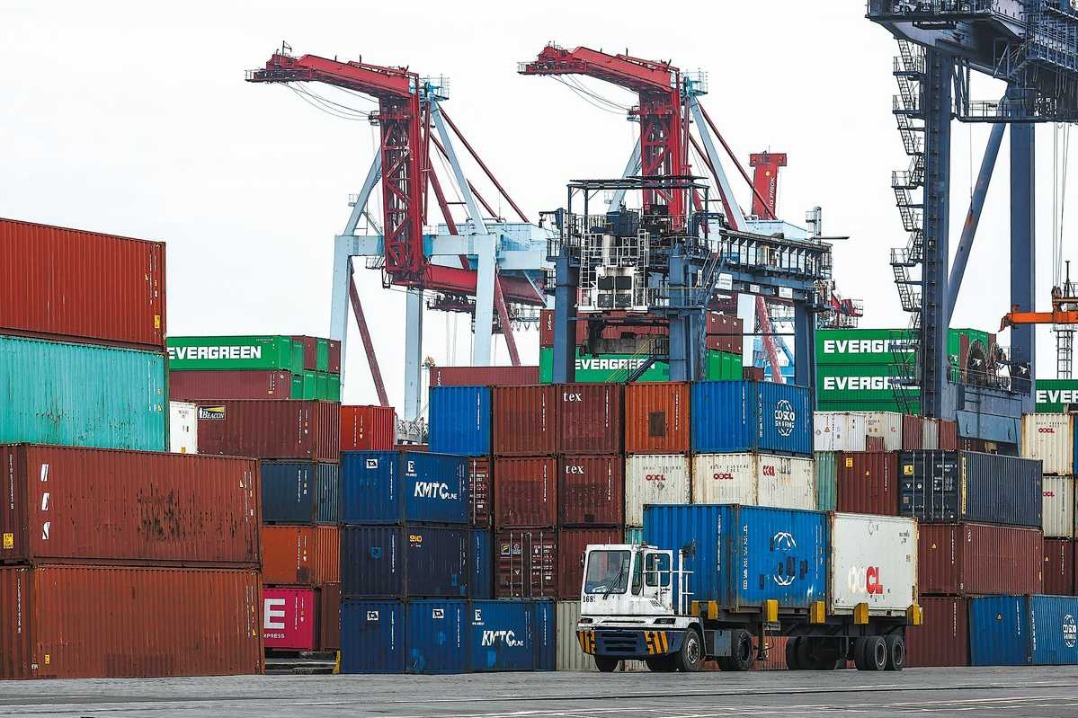It's still too early to gauge broad economic impact


Regarding the global economic impact of the novel coronavirus outbreak, it is still too early to state anything with certainty, though there are reasons for concern.
Throughout much of 2019, the world economy was slowing down, prompted by China's own slowdown and its trade dispute with the United States.
Countries tied to the China machine in terms of trade, such as Germany and Japan, saw significant slowing. Others, such as India, had their own domestic reasons for slowing, as did the United Kingdom, which was tackling the Brexit challenge.
In December and January, there was some evidence that the slowdown was abating, but the unexpected outbreak of COVID-19, and the need for China to restrict the movement of people, added to fresh concerns.
In the past week, the evidence of major outbreaks elsewhere in the world, notably in South Korea, Italy and Iran, has caused markets to fear the worst.
China, with a GDP of around $14.5 trillion, is around 18 percent of the world's GDP. If China's economy is hit, all those countries and companies that have benefited most from the rise of China are the ones that will suffer the most. For Germany, this is probably enough to push it into negative GDP growth, even if it did not have a major domestic virus outbreak.
The same is true for Japan. And it is especially true for Italy, which has had to shut down the north part of the country. This is now a real concern. Many countries that conduct trade, business and tourism with Italy, China, South Korea and Iran have to restrict all forms of human contact, which adds to the initial negative shock.
If the virus can appear in South Korea, quite rightly regarded as a successful country, the markets are fearing it could happen anywhere.
Then, of course, you add to the mix that in so many countries, conventional economic stimulus measures have been greatly exhausted by the consequences of the 2008 financial crisis and its aftermath. Markets are worried about this, too.
In this regard, the idea that interest rates being reduced might help offset some of the impact of the virus and its fears is sort of ridiculous.
It is quite clear from those countries that have had aggressive quantitative easing, and in some cases, negative interest rates, that it is not helping their economies. Quantitative easing is a policy in which a central bank buys predetermined amounts of government bonds to inject liquidity into the economy.
As for fiscal policy, it does seem to be, in circumstances where private business is so averse to major investment spending, the case for some governments to dramatically boost their own investment spending.
I would put Germany at the top of such a line, the UK not far behind, and include China. Much of this could be orientated toward so-called green investment spending and accelerated plans to stop climate warming, which the world needs anyhow. I am once more reminded of an old phrase, "Never let a crisis go to waste."
From the evidence that is reported in China in the past two weeks, it is clear that both the rate of reported infections and the reported recovery rate are improving relatively.
In some provinces, the rate of recovery is now more than 80 percent. South Korea, as of Feb 27, had a higher number of reported infections than any Chinese province other than Hubei. This suggests China is achieving some success at bringing COVID-19 under control, and may be allowing the economy to open up again.
The difficult question, which only time is going to give the answer to, is whether other countries can achieve the same success as China has apparently done. Let's hope so.
The author is chair of Chatham House, a London-based NGO. The views do not necessarily reflect those of China Daily.

































